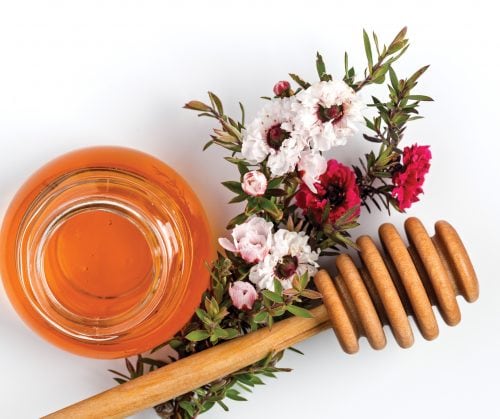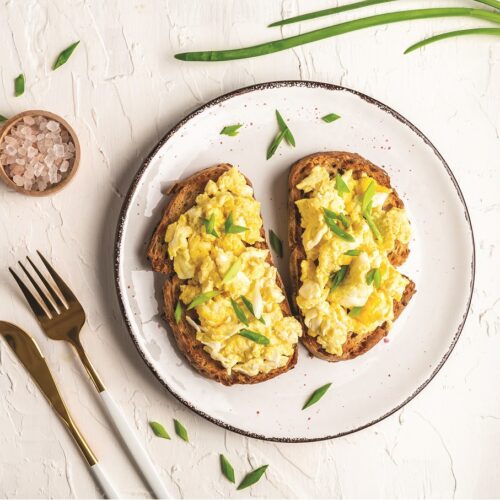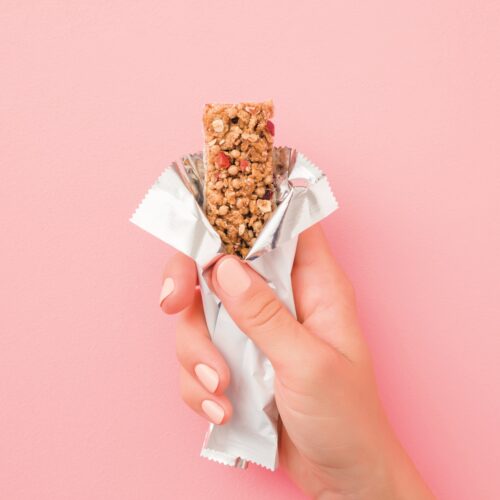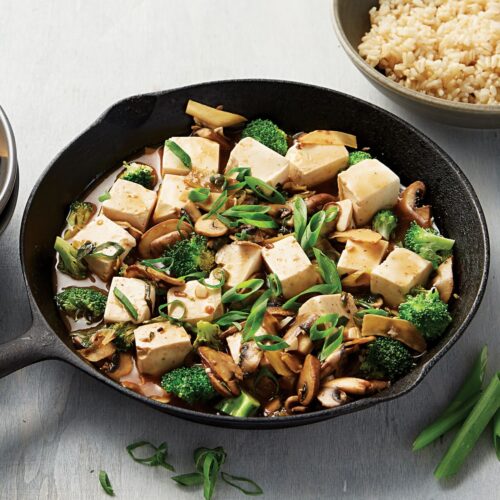
Did you know the New Zealand Government has only just settled on a definition of what constitutes ‘manuka honey’? Food law specialists at Simpson Grierson find out how to tell if your honey is the real deal.
For years, manuka honey has been celebrated as a unique product of New Zealand. But how do you know your (expensive) jar of liquid gold is authentic?
What does ‘manuka’ honey really mean?
Until December 2017, New Zealand did not have a set definition of what constitutes manuka honey. The result was confusion in both the domestic and international markets about the reliability of manuka honey products, with some reports stating that in the United Kingdom alone, more manuka honey was being sold than was actually being produced in New Zealand. Now the Ministry for Primary Industries (MPI) has brought into force a scientific definition of manuka honey, intended to provide consumers in export markets with confidence that they are purchasing genuine manuka honey. All manuka honey sent for export must meet the definition (which requires the honey has a certain chemical and DNA profile) before it can be labelled as manuka honey and exported.
The sticky situation over the ditch
The manuka plant (Leptospermum scoparium) is native to Australia too, known there as the tea tree plant. Australian beekeepers are challenging a recent decision in the UK that grants the New Zealand Manuka Honey Appellation Society a trademark over the term ‘manuka honey’. That decision will prevent Australian producers using the same term, even though their products are practically indistinguishable from the New Zealand products.
For manuka honey purchased in New Zealand – bee careful!
MPI is currently developing a scientific definition of manuka honey to apply to our domestic market. Until then, consumers must rely on protection from New Zealand’s Fair Trading Act (FTA) when purchasing manuka honey products. The FTA prohibits false and misleading representations and requires substantiation for any claims made.
Whether a producer can represent their product as manuka honey in the domestic market is a question of fact, which would need to be considered in each specific case. For this reason, groups such as the Unique Manuka Factor Honey Association allow producers to use their quality trademark, if the products meet certain standards for purity and quality. Although, like other quality trademarks, these are not required by law.
As for Australians, it remains to be seen whether the term ‘manuka honey’ will be viewed as a geographical indicator like Champagne, or if Australian-produced tea tree honey will remain marketable as manuka honey. Watch this space!
www.healthyfood.com










